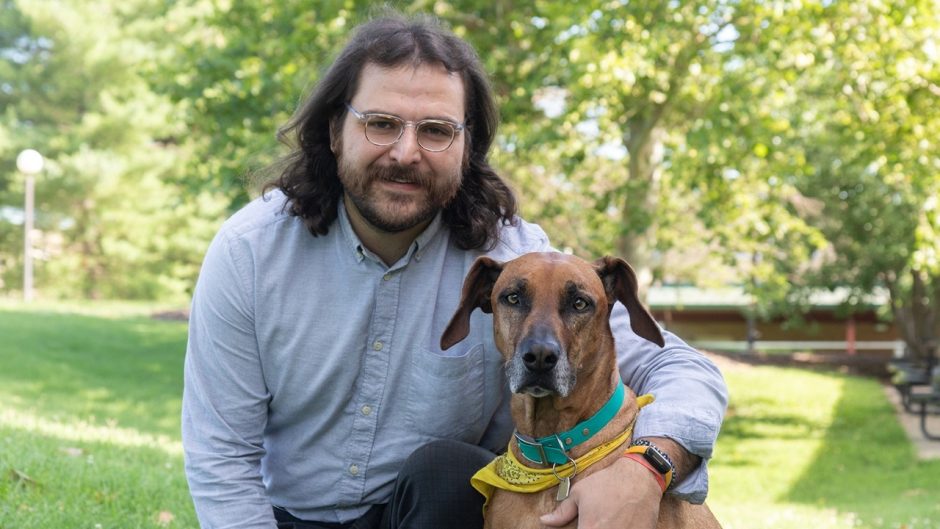July 22, 2021
Story contact: Brian Consiglio, 573-882-9144, consigliob@missouri.edu
As a fifth-grade science teacher, Amber Lewis was used to managing classroom behavior through a system of rewards and consequences. But after meeting University of Missouri research professor Christi Bergin through her Prosocial and Active Learning Project, Lewis discovered a new approach to creating a more positive classroom climate.
“I began asking the students how they would feel if someone was acting unkindly toward them,” said Lewis, who teaches at Willow Springs School District in southern Missouri. “Prosocial education is all about helping kids understand how their behavior affects others. It helped teach my students about empathy by allowing them to put themselves in other people’s shoes, and I started to notice a positive change with student behavior in my classroom.”
Prosocial behaviors are those intended to help other people. These actions are characterized by a concern for the rights, feelings and welfare of other people. Behaviors that can be described as prosocial include kindness, sharing, cooperating and being considerate of others.
With the help of $4 million in grants from the U.S. Department of Education, Bergin and a team of researchers at the MU College of Education and Human Development plan to use a virtual ECHO platform to connect with 200 middle school teachers in Missouri, reaching 26,000 students throughout the state. The online collaboration will allow the research team and teachers to discuss prosocial education practices in classrooms with the ultimate goals of improving student outcomes and reducing teacher stress.
“Previous research has shown prosocial children are better liked by their peers, are happier, feel more accepted at school, and they get better grades and test scores,” said Bergin, who is the associate dean for research and innovation in the MU College of Education and Human Development. “My passion is helping children behave in a way that is compassionate, thoughtful, kind, considerate and cooperative because it serves them well both in school and in life.”
The ECHO research team at MU includes experts in various fields, including bullying prevention, counseling, special education and child development. In addition to the four-year ECHO project, a separate grant will aim to measure the effectiveness of social and emotional learning interventions, such as ECHO, in improving prosocial behavior among students.
“When interviewing potential new employees, employers often report they are looking for people who can work well in teams, cooperate and collaborate with others, listen to people with diverse backgrounds and treat others with dignity,” Bergin said. “Promoting prosocial behavior not only improves student outcomes in the classroom and in their later careers, it also helps reduce teacher stress and burnout, which is a major national issue right now.”
Lewis explained another helpful teaching technique she learned from Bergin’s research is the power of praise.
“One of the simplest but most powerful things I learned was to say ‘I appreciate you’ rather than ‘I appreciate that’ when someone exhibited prosocial behavior in the classroom,” Lewis said. “We need to reward students internally to help them feel proud of themselves without expecting some type of external reward.”
The prosocial education techniques Lewis implemented into her teaching based off Bergin’s research were simple, yet powerful.
“When I started making a tally mark of how many times a day I was giving praise to each kid in my class, it was an eye-opening experience for me,” Lewis said. “I could not believe that some kids behaved so well yet never get praised because of how quiet they are. Usually it is the loud kids that always get noticed for both positive or negative things, but we need to make sure every kid feels valued and is noticed.”
Note: Funding for the grants was provided by the U.S. Department of Education. Teachers interested in participating are welcome to contact Christi Bergin at berginc@missouri.edu.





![062625_CEI Aerial View_email-cropped[29] (1)](https://showme.missouri.edu/wp-content/uploads/2025/06/062625_CEI-Aerial-View_email-cropped29-1-940x529.jpg)